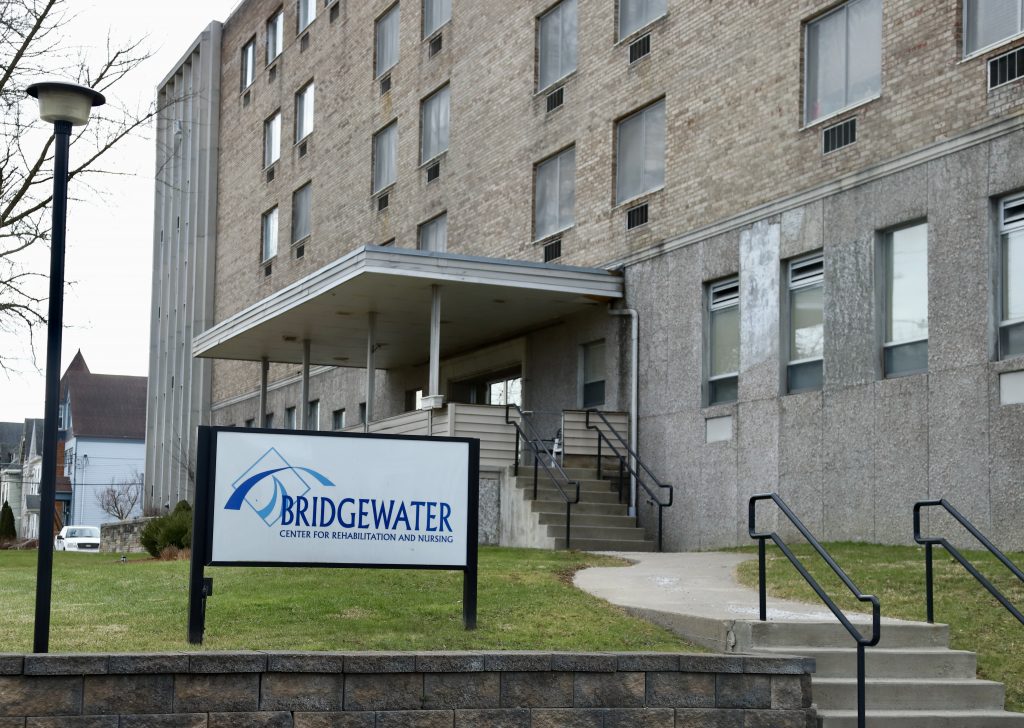Last Saturday, Assemblywoman Donna Lupardo and State Sen. Lea Webb, Greater Binghamton’s representatives in Albany, joined forces to address local nursing home closures.
In the past two decades, New York state has seen 75 nursing home closures — 20 in the last four years — as the result of health care services budget cuts that put stress on the long-term care industry. On Feb. 2, Lupardo and Webb addressed nursing home officials and residents.
Lupardo said that Gov. Kathy Hochul’s new budget includes a $600 million cut to the state’s long-term health care sector. Advocates in the legislature are urging Hochul to take action and eliminate the cut, blaming the funding reduction on the Medicare reimbursement rate, which is still based on costs from 2007 despite the cost of care greatly increasing in the last 17 years. Labor costs have increased by 50 percent in the past decade, resulting in a bed shortage and additional difficulty hiring and employing staff as Medicare funding has been unable to keep up.
“They deserve to have quality affordable care, and in a state as resourceful as New York, we can and should do better on [their] behalf,” Webb said.
Upstate New York is facing a Medicaid funding gap of nearly $741 million, while downstate will face an almost $898 million funding gap. Thousands of beds have gone offline, leading to long wait times as a result. Emergency rooms have been experiencing overcrowding, while ambulances have faced backups and long wait times in their parking lots.
In her speech, Lupardo mentioned a friend who was forced to stay in the hospital hallway while being treated for respiratory syncytial virus, since there was no place else to transfer him to, highlighting the firsthand effects of budget cuts. This is just one situation of thousands being caused by the closure of nursing homes, understaffing of hospitals and lack of available beds.
“We’re focusing on nursing homes because many are closing, causing a negative ripple effect through the entire health care delivery system,” Christina Fuller, Lupardo’s spokesperson, wrote in an email. “The plan is to raise this issue during budget negotiations so that we can substantially increase their Medicaid reimbursement rate, which is central to the problem.”
Lupardo and Webb gave their speeches at United Methodist Homes’ Hilltop Campus. Brian Picchini, the organization’s president and chief executive officer, claimed a Medicare rate increase is desperately needed to ensure patients’ long-term care, continue staff recruitment and ensure accessible and quality care now and in the future. Over 70 percent of residents in New York nursing homes are covered by Medicare.
“Increasing Medicaid reimbursement is not just about numbers,” Sheila Madigan, a facility resident, said. “It’s about preserving the dignity and quality of life for seniors who have paved the way for the vibrant state we live in today. Many of us depend on the compassionate care and expertise of health care professionals. However, the current reimbursement rates are putting undue pressure on these facilities, jeopardizing the very essence of our well-being.”



